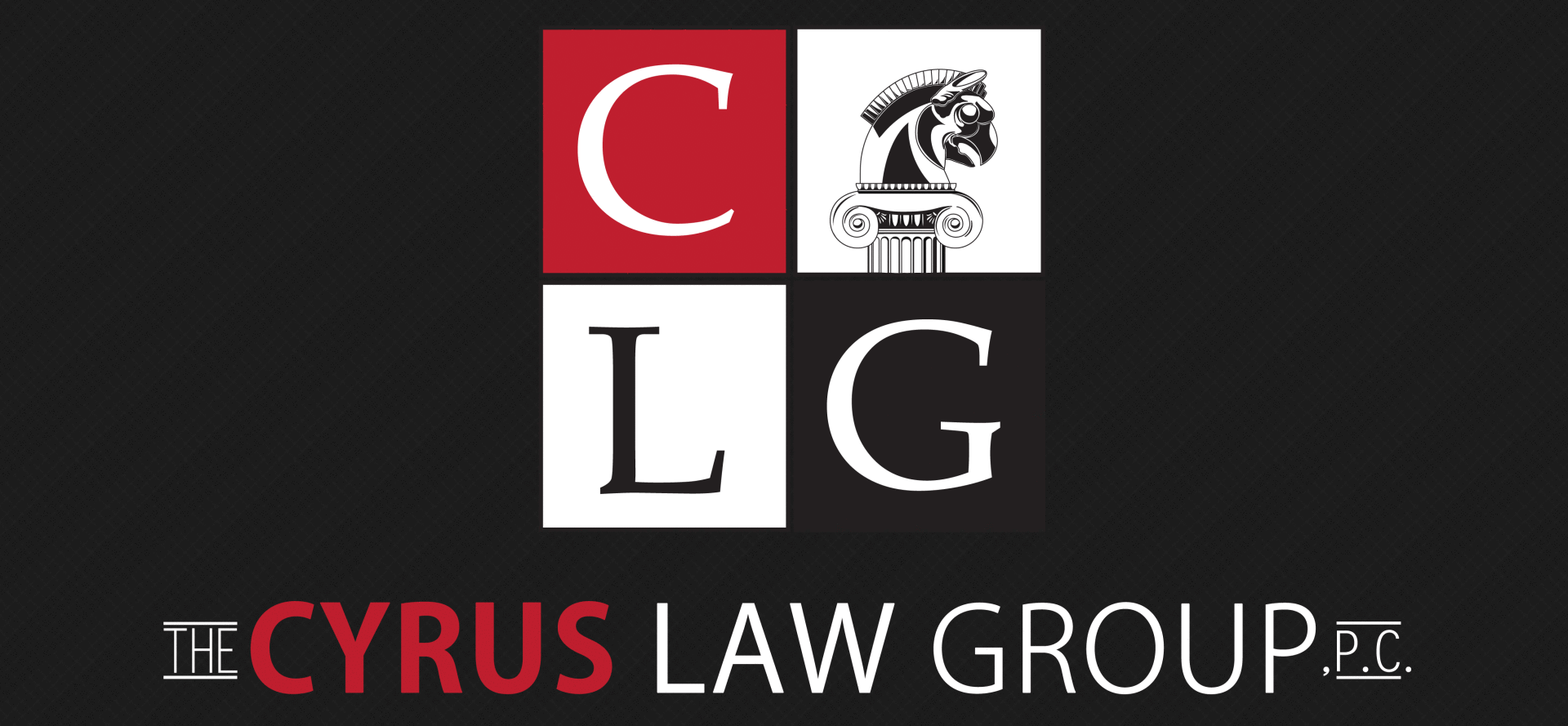Pablo Picasso said that good artists copy and great artists steal. So does that make sampling a song without paying an act of artistic genius? The answer to that would depend on who you ask.
Certainly, if you look at the most recent ruling approving Madonna’s use of a sliver of another song in her hit “Vogue,” you might think Picasso had a point. The decision by the 9th Circuit Court of Appeals is controversial, according to The Hollywood Reporter, creating a split between circuits, or federal appeals courts around the country. That means the issue of how much sampling without a license constitutes theft could go before the Supreme Court soon.
The Vogue Horn
The decision this week affirms a 2013 ruling by a California federal court. In the case below, the court found that Madonna in her song “Vogue” did not infringe on the intellectual property rights of VMG Salsoul, despite using a 0.23 second sampling of a horn hit from its 1976 song, “Love Break.”
The sample Madonna used was deemed de minimis, meaning small enough to be considered a trivial appropriation. But not everyone believes that any appropriation at all is forgivable or can be considered trivial. The dissent in this case articulated a principle espoused often in conflicting circuits, which is: Get a license or do not sample.
How Much Is De Minimis?
The majority took a much more generous view, and admitted in its opinion that it was making an unusual move by creating a circuit split that could bring the issue before the nation’s highest court. In support of its position, the opinion relied on an interesting technological example of sampling.
“A computer program can, for instance, ‘sample’ a piece of one photograph and insert it into another photograph or work of art,” states the court. “We are aware of no copyright case carving out an exception to the de minimis requirement in that context, and we can think of no principled reason to differentiate one kind of ‘physical taking’ from another.”
Music of the Future
Appropriation has always been a topic of great debate among artists, one that is complicated by notions of commerce and intellectual property. Those who take parts without paying may be making great art by Picasso’s measure and be thieves in the eyes of a license holder deprived of fees.
But for listeners all that matters is the music. Few of us are sufficiently sophisticated musicians who recognize an extensive reference, much less a sneaky snippet. For many, licenses matter little. Whether or not appropriation is wrong, we just want more catchy songs.
Follow FindLaw for Consumers on Facebook and Twitter (@FindLawConsumer).
Related Resources:
- Madonna Sues Her NYC Co-Op for Kids (FindLaw’s Celebrity Justice)
- Madonna and Guy Ritchie Dispute Son’s Custody (FindLaw’s Celebrity Justice)
- Madonna Warned by NY DOT for Illegal Signage (FindLaw’s Celebrity Justice)
- Madonna Submits Declaration in Penn v. Daniles Defamation Case (FindLaw’s Celebrity Justice)
